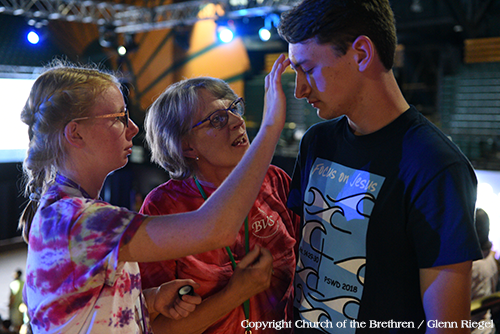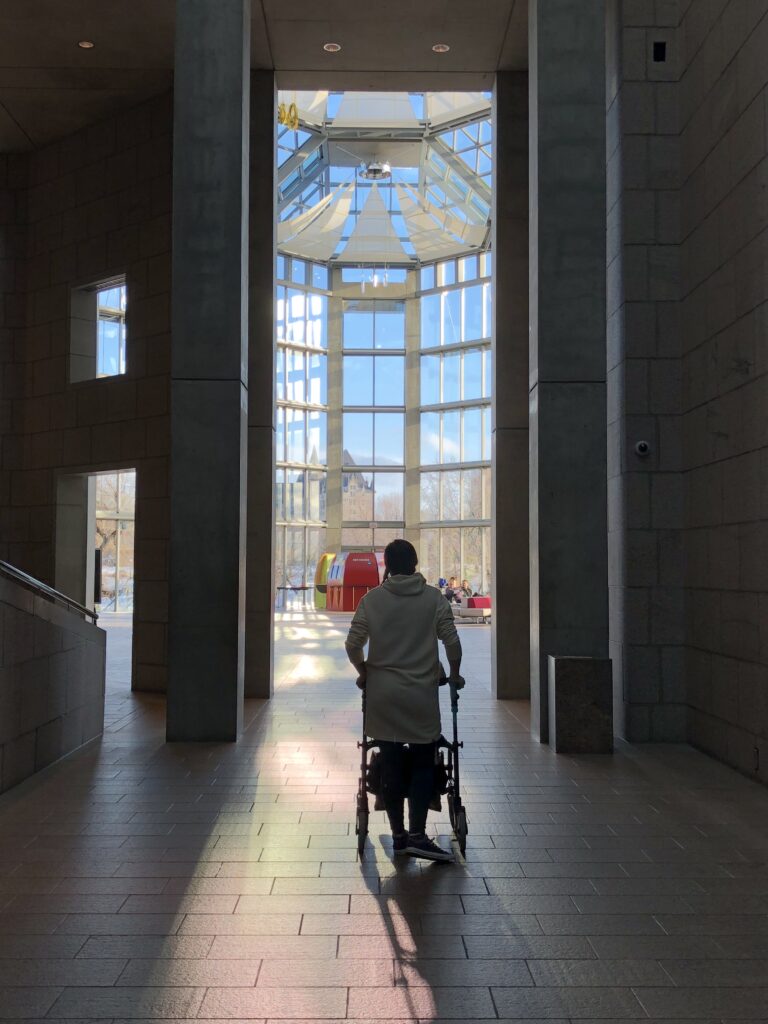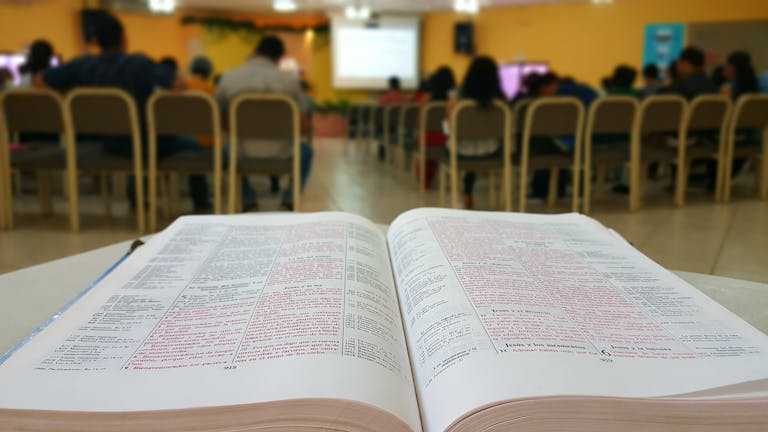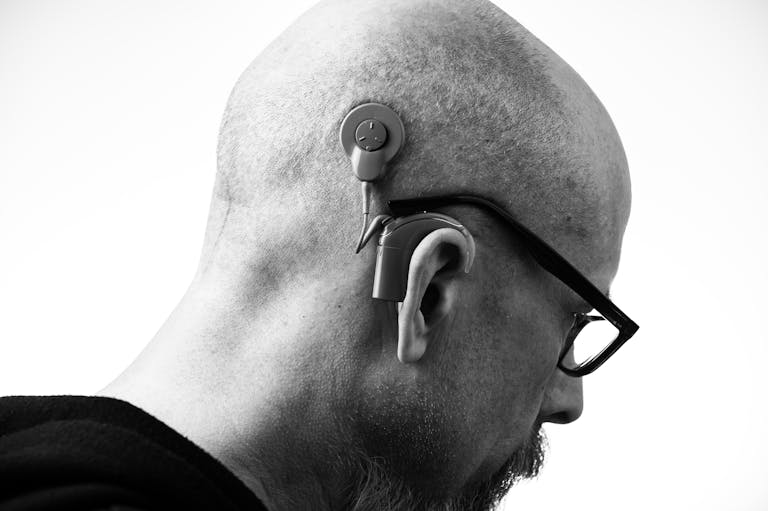Trauma-Informed Care for the Congregation
Most of us have heard the term trauma and recognize that soldiers who have served in combat, victims of mass shootings, and those who have been assaulted have been traumatized by their experiences. But trauma isn’t limited to just those experiences. According to The American Psychological Association, trauma is an emotional response to a terrible event. 1 As I’ve learned through my own therapy for PTSD, all of us have experienced some level of trauma in our lives. Some much more than others. And whether people talk about the trauma they’ve experienced (which is extremely difficult to do), the memory of the trauma does affect their behavior and perceptions of the world moving forward.
We’ve all been around people, adults and children, who are difficult to be around. They respond with bursts of anger over what seem to be little things. Or they are overly critical of everything around them. Or they refuse to participate in anything and rarely engage in conversation. Or they ask for advice but always do the opposite, usually leading them down a bad road. While it can be frustrating dealing with these behaviors, they can be responses to trauma. Our life experiences teach us how to respond to the world around us. Bessel van der Kolk states that traumatized people tend to “superimpose their trauma on everything around them, and have trouble deciphering whatever is going on around them.”2 Because of this, their imagination, which is critical to the quality of our lives, is severely limited. Bessel van der Kolk further states that “without imagination there is no hope, no chance to envision a better future, no place to go, no goal to reach.”3 The behaviors that we see and find difficult may indicate unhealed trauma.
So, what can we do as individuals and communities of faith? As humans, we were created to be social creatures that desire to be seen, known and valued. The work of the South African Truth and Reconciliation Commission is guided by the principle of Ubuntu, a Xhosa word that means “my humanity is inextricably bound up in yours.”4 We are in this world together. A quote I have encountered many times, though I don’t know its origin, speaks to how we should approach our fellow humans: “Be kind, for everyone you meet is fighting a battle you know nothing about.” Treating everyone we meet with kindness is a good place to start. Taking the time to see and know and value people is important, too. Building safe places where all feel they can honestly share their stories without fear of judgment and rejection should be a priority. While we should not accept unsafe behavior, we can approach people with understanding and love rather than anger and punishment. Jesus told us how we should be in relationship with each other: “Love your neighbor as yourself.”5

Staci Williams serves as the associate pastor at Cincinnati Church of the Brethren. Her ministry focuses on women who are in substance abuse recovery. She is a single mom to a wonderful young man who happens to have some special needs. She earned a Master of Arts in Theological Studies from Bethany Theological Seminary where she is close to finishing a Master of Divinity degree. She is passionate about helping those in crisis (particularly women and children) and using her writing and work to give voice to the stories and issues that have been silenced.








